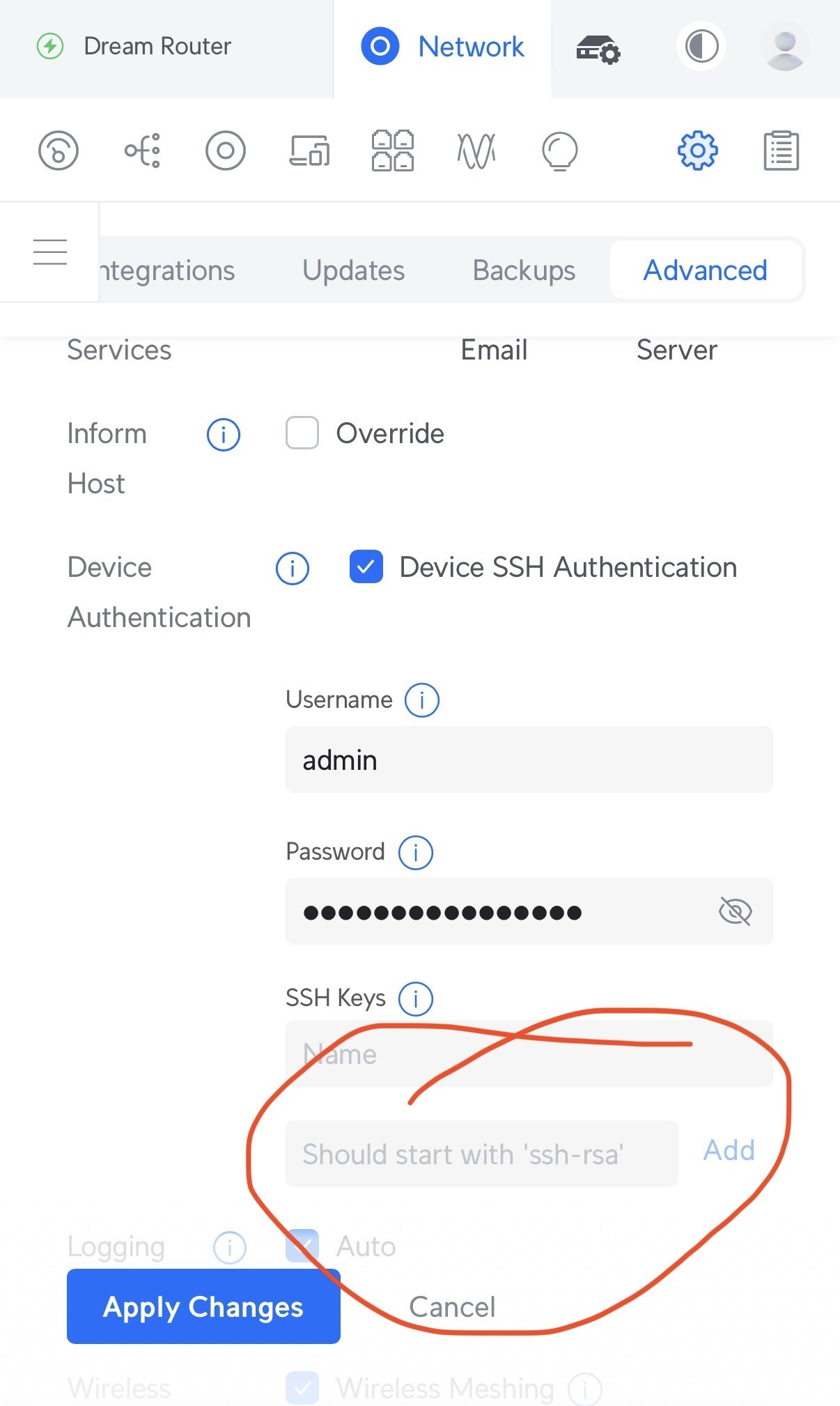Here you go!
~ $ cat ~/.ssh/id_rsa cat: /data/data/com.termux/files/home/.ssh/id_rsa: No such file or directory ~ $ cat ~/.ssh/id_ed25519 cat: /data/data/com.termux/files/home/.ssh/id_ed25519: No such file or directoryThe first command works for me on Termux, but the second matches your output. Does this just mean you have not set up SSH?
I use ssh regularly, I just use a different key for each server. And thus I don’t use the default name (id_rsa) because it doesn’t make sense.
Let’s see the hackers figure that one out!
cat ~/.ssh/*perhaps?
No that means they haven’t ran
ssh-keygenyetOr they did not use the default name. Devious D:
id_rsa shouldn’t exist any more.
If I had a nickel for every time I had to change my ssh key algorithm I’d have two nickels.
Which isn’t much but it’s concerning that it happened twice.
A few days ago I was messing with my ubiquiti dream router and its ssh config option said the key should start with ssh-rsa 🙄

It probably accepts other key types and it’s just the UI that’s outdated. I doubt they’re using an SSH implementation other than Dropbear or OpenSSH, and both support ed25519.
Fact of the matter is RSA is perfectly secure still…and ECDSA/ED25519 should also be extinct given the rising need for post quantum cryptography
The problem is not the RSA math itself but that it is both extremely slow and implementing it is particularly susceptible to bugs and side channel attacks https://blog.trailofbits.com/2019/07/08/fuck-rsa/
None of them…
ssh-keygen -t ecdsa -b 384Then get it signed and use the certificate.
SSH certificates are where its at.
cat ~/.ssh/id[TAB]










